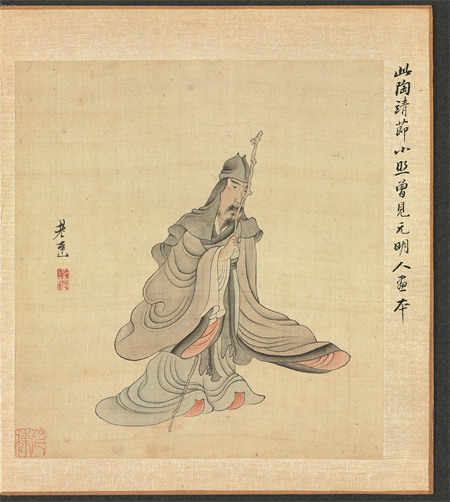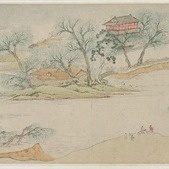Paradise found
Over the course of centuries, China's literati were drawn to Jiangnan, viewing it as a spiritual sanctuary, Zhao Xu reports.


One thing must be noted: The term "Jiangnan" cited here should not be confused with the "Jiangnan" as we know it today. Here, "Jiangnan" refers to a solitary part of the state of Chu where the Xiangjiang River and its several tributaries converged, south of the middle — instead of lower — reaches of the Yangtze River. And it had a more popular name, Xiaoxiang, which was "thought of as a place of reclusion and longing in view of its natural beauty", to quote Von Spee.
Such was the hold of Xiaoxiang on people's imagination that the Northern Song emperor Huizong (1082-1135), a highly accomplished painter-calligrapher, had once sent a court painter out to explore the region. That was before the founding of the Southern Song Dynasty (1127-1279) by a son of Huizong, who moved the empire's capital southward, from Central China to the fertile land of the lower Yangtze Delta. The legend of Xiaoxiang continued, but there seemed to be no need for the Southern Song emperors to look beyond their immediate surroundings.
From shimmering lakes and sinuous waterways, to low-lying marshy basins and lush hills, everything Xiaoxiang was supposed to have, Jiangnan had it — and still does today. The two ideas started to merge, especially for literati-artists like Wen Zhengming and his group, who considered Jiangnan their physical and spiritual homeland.





































